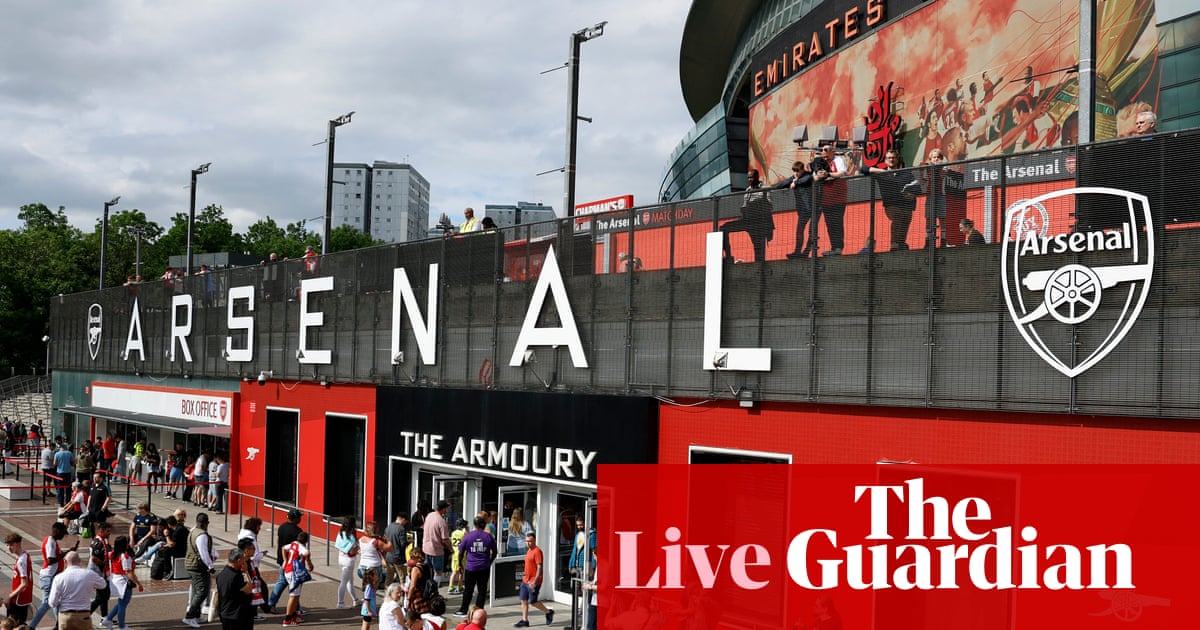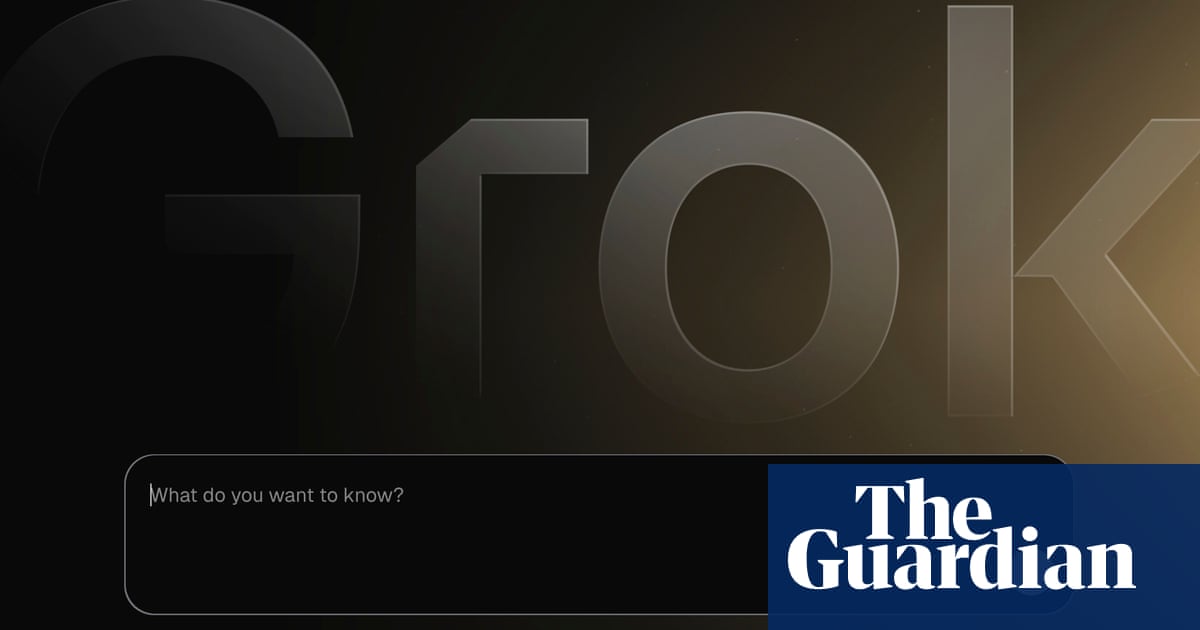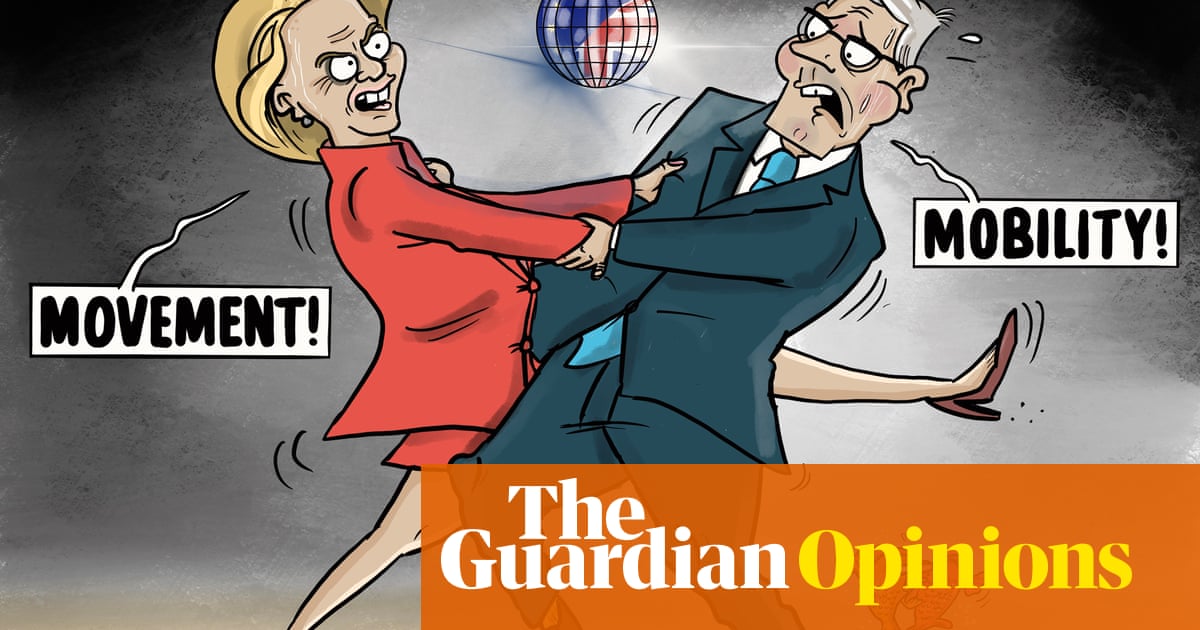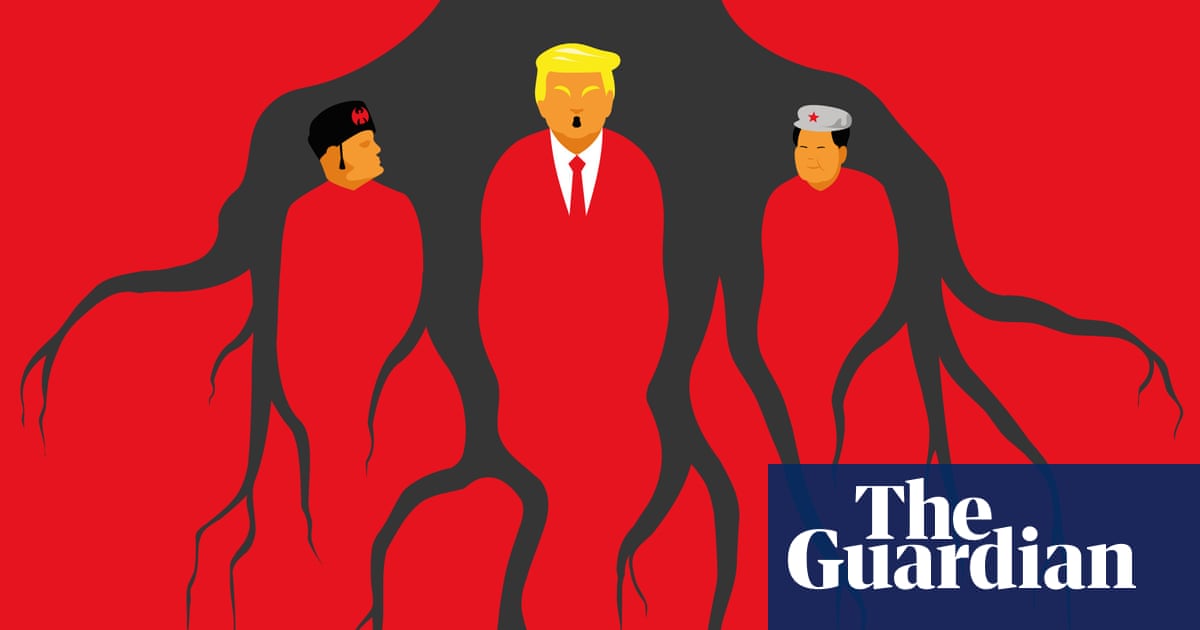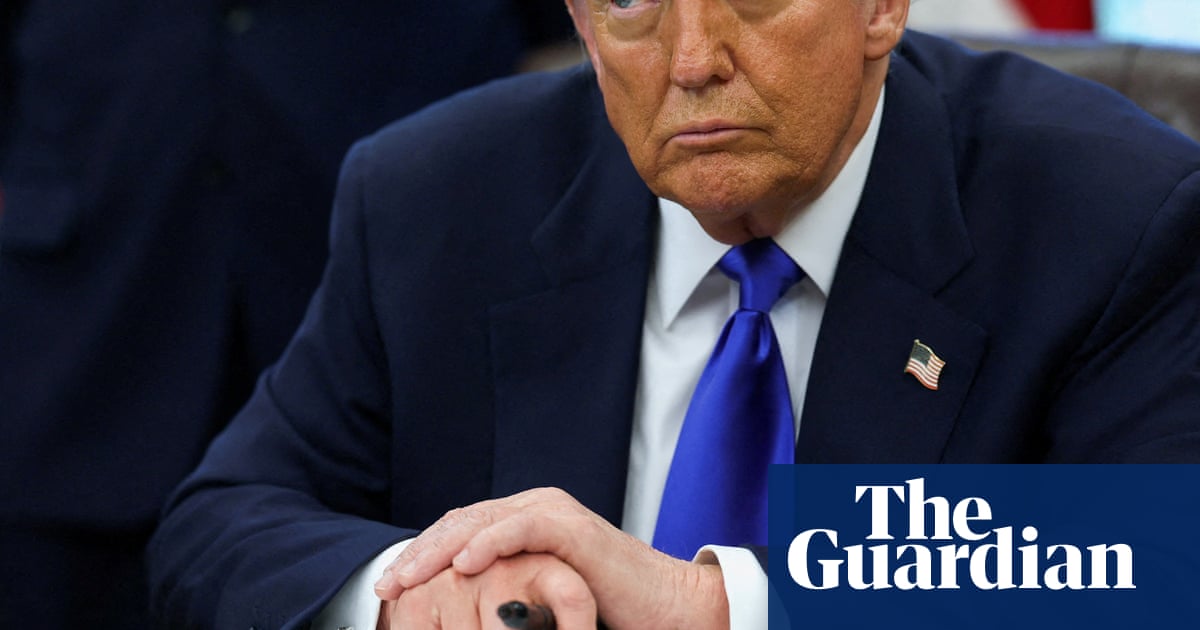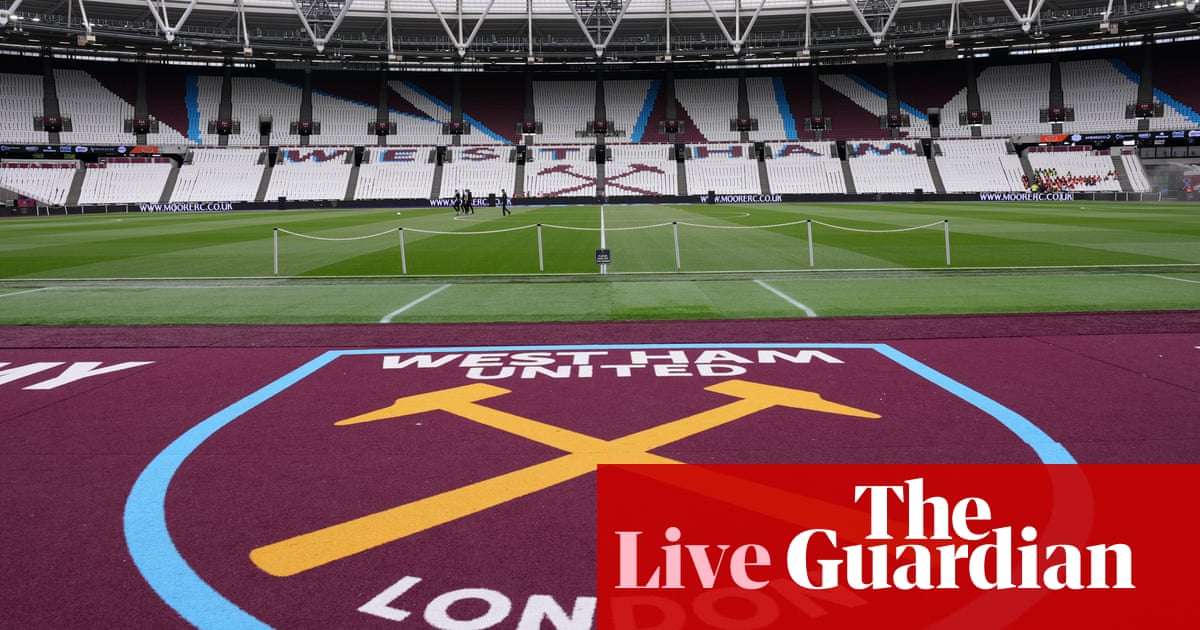Labour faces a watershed moment in its relationship with Black and Asian voters, experts warn, as the fallout from Keir Starmer’s immigration speech continues with a wave of condemnation from anti-racism campaigners.
The prime minister’s claim that “uncontrolled” migration had done “incalculable” damage to British society has been labelled a betrayal by equalities groups.
It comes after a series of stances which threaten to alienate Labour from ethnic minority and left-leaning voters – on Gaza, reparations for slavery, sentencing reform and foreign aid – as well as support for elderly people, disabled people and children.
Insiders say Labour hopes to appeal to Reform UK voters while arguing that only Labour can stop Nigel Farage’s party, thus stopping alienated left-leaning voters from shunning them.
But the prime minister has been accused of echoing Enoch Powell – whose rhetoric alienated Black and Asian voters from the Tories for decades – after he said the country risked becoming an “island of strangers” while launching the immigration white paper.
The speech is the latest episode in what the Black Equity Organisation – of which foreign secretary David Lammy was a founding trustee – described as a pattern of “narratives and policy decisions” raising concerns that the “dignity, safety and rights” of minority communities were being undermined here and abroad.
“The ongoing refusal to address historical injustices such as slavery reparations, the suspension of sentencing guidelines reform which disproportionately affects Black communities, the profound humanitarian crisis in Gaza, these are not isolated issues and reflect systemic failings,” the equalities campaigning group said.
The local elections held in parts of the country earlier this month amplify the threat from Reform, with 153 seats lost to the rightwing party, according to analysis from LabourList.
However, Reform is not the only threat to Labour’s voting coalition. The party lost five seats in the last general election as areas with higher Muslim populations punished it for its stance on Gaza, with West Streeting left with a majority of just 528 in Ilford North and safeguarding minister Jess Phillips surviving with a majority of 693 in Birmingham Yardley.
Even in the country’s least marginal seats, the threat from insurgents on both sides can be seen. In eight of Labour’s safest seats the second party was the Greens, and in seven others the second party was Reform. And while this year’s local election losses to Reform were more dramatic, Labour lost 14 seats to Greens, 12 to Independents and 10 to the Lib Dems.
Political scientist Anand Menon, director of UK in a Changing Europe thinktank, said: “It’s definitely risky for Labour, because they’re trying to appeal to a certain set of presumably white, Reform-tempted voters. The assumption so far, insofar as you can tell on the part of the Labour party, is that the major threat to them comes from the right, not the left, but Labour are losing votes in every conceivable direction.

“Labour are in a very vulnerable position in that they’re challenged from both flanks, based on local elections.”
Starmer’s speech this week, which raised concerns the prime minister was minimising the contribution of ethnic minority Britons and their British identity, threatens to worsen the bleeding.
Black and Asian voters were most likely to vote for Labour in the last election. But Labour’s record on diversity lags that of the Conservatives, who have had an Asian prime minister, a Black leader, a Black chancellor and Black and Asian home secretaries and party chairs.
Sunder Katwala, director of the non-partisan thinktank British Future, said while the policy proposals Starmer announced were “too punitive,” the tone of the speech posed the greater challenge to the party’s relationship with ethnic minority Britons.
“The principles of the white paper – controlling immigration while welcoming contributors and promoting cohesion – have the potential to secure broad consent across groups,” Katwala said. “But Keir Starmer needs balanced language to go with the balanced policy of managing pressures and welcoming the gains of managed migration.”

At the same time, Labour was missing the opportunity to create a “pro-citizenship agenda” to bridge communities Katwala added.
Indicating the strength of feeling among Muslim voters, the Muslim Council of Britain (MCB), representing 500 mosques and charities, said Starmer’s language had caused “deep concern”, against a backdrop of rising Islamophobia, and “continued silence over Palestinian statehood and a ceasefire”.
“Immigrants play a vital role in our society – from the NHS to social care – and deserve recognition, not scapegoating,” Dr Wajid Akhter, MCB Secretary-General, added.
after newsletter promotion
The failure to adequately explain the trade-offs in a crackdown on immigration, while disregarding the potential consequences of “far-right” rhetoric for ethnic minority Britons, migrants and refugees, has also caused alarm.
Accusing the prime minister of making a “calculated choice to use Powellite” phrasing, Shabna Begum, CEO of racial justice thinktank the Runnymede Trust, said: “Starmer’s proposals are certainly not pathways to solving the current economic problems that plague so many of our working-class communities.
“They bear little connection to the reality of our workforce and are everything to do with running scared of Reform UK. The clear consequence is that people of colour are exposed to intensifying racism.”

Downing Street has “completely rejected” suggestions that he was echoing Powell.
Last month, more than 100 charities and NGOs wrote to Starmer urging him to stop using “demonising language”. Among them was the Scottish Refugee Council, whose CEO, Sabir Zazai, this week urged the prime minister to avoid “fanning those flames” which led to last summer’s racist violence.
Zazai said Starmer’s speech had “laid the blame for bad political decisions at the feet of ordinary people who want to live their lives in peace”, at a time when the immigration system created barriers to integration by preventing asylum seekers from working legally.
“This is a man who once spoke of compassion and dignity for migrant communities – so it has been profoundly disappointing to watch him deliberately choose a path of fear, hostility and division”, Zazai added. Meanwhile, social policy thinktank Race on the Agenda also urged politicians to think more carefully after last year’s riots, calling Starmer’s words part of a “worrying trend … that scapegoats migrants and masks governmental failures”.
Local elections in 2026 – when towns and cities with what Menon called “high concentrations of ethnic minority voters” go to the polls – will provide more insight into how much mistrust Starmer has caused with communities whose ties to Labour are already “fraying.”
“You see it among all sections,” Menon added. “The most striking is among Indian Hindus … what you’re increasingly finding is class-based voting. So if you have a degree and you’re an Indian Hindu, you’re probably more likely to vote Conservative than Labour, which is the opposite of the majority population. So those links are fraying … turbocharged by things like Labour’s stance under Corbyn over Kashmir, which alienated a lot of Hindus.”
With a year to go until urban local elections, and four years until a general election, Labour strategists may not be concerned – but banking on voters having short memories could prove complacent.
“Keir Starmer is abandoning the very people who built this country – and built Labour,” Enny Choudhury, co-head of legal for the Joint Council for the Welfare of Immigrants said. “We won’t forget this betrayal.”
No 10 Downing Street has been approached for comment.

.png) 3 hours ago
3
3 hours ago
3
